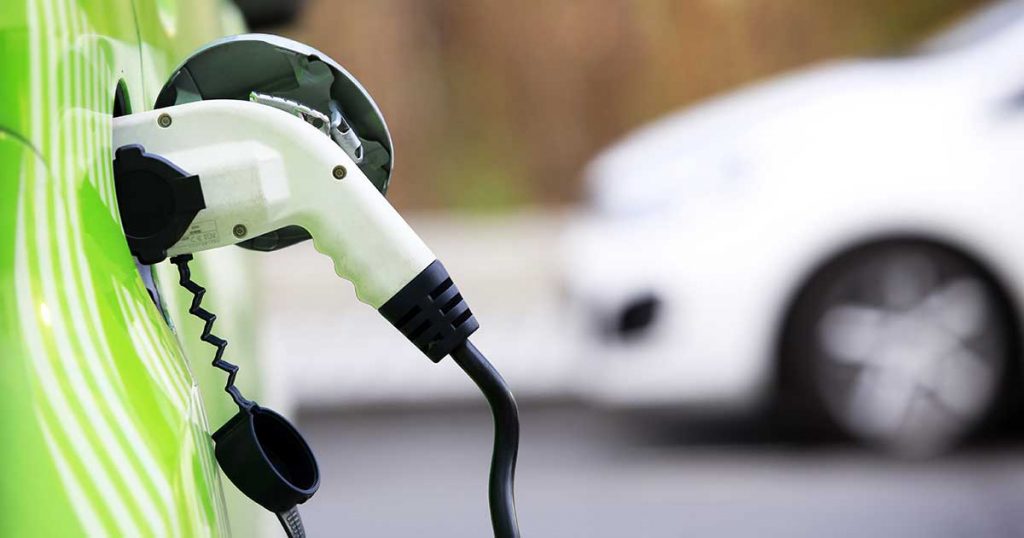At the end of March, the European Council finally passed a long-awaited regulation, meaning manufacturers will have to match stricter carbon dioxide (CO2) emission standards for their new cars to push the industry towards zero emission.
The transition will have two phases:
between 2030 and 2034, emissions for new cars should be reduced to half of the levels of 2021,
from 2035 new cars and vans must not emit any CO2.
So, what’s until 2030?
Within two years, zero- and low-emission vehicle manufacturers (ZLEVs) were incentivized. Until 2029 their cars may be rewarded with less strict CO2 goals – as long as they are up to specific benchmarks (25% for cars and 17% for vans).
Also, in two years, an EU-wide methodology will be developed to assess the entire life-cycle of CO2 emissions of vehicles and the fuels and energy consumed by them.
In three years, the Commission will review different aspects of the progress, e.g., technological developments or the viability and social equitability of the shift.
In seven years, emission credits for ZLEVs will be maximized at 4g/km/year from today’s 7g/km/year.
Why is it important?
It’s part of transitioning to a zero-emissions economy powered by renewable energy and sustainable practices. As a result, Europeans can create a healthier, more sustainable, and equitable world for themselves and help others to do so.
This transition requires a collective effort from other governments, businesses, and individuals globally to prioritize sustainable practices and invest in clean energy technologies. Once again, we may be an example that the transition is only a question of determination.




